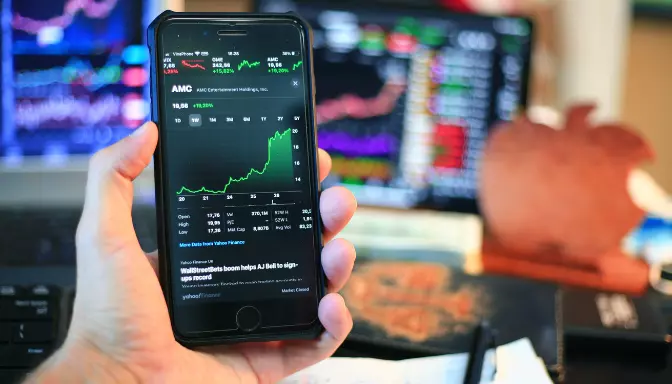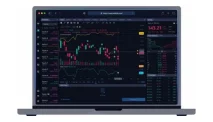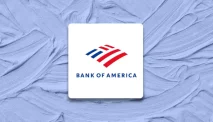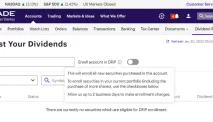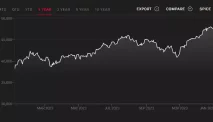Plus500 does not charge commissions for futures trading, but it does charge spreads, which are the difference between the bid and ask prices. The spreads vary depending on the contract and market, but they are generally competitive and transparent. Plus500 also charges overnight fees, which are the interest charges for holding a position overnight. Plus500 does not charge any deposit or withdrawal fees, and it offers a variety of payment methods, such as credit cards, PayPal, and Skrill.
Plus500 also offers access to a wide range of futures contracts and markets, including some exotic and niche markets, such as cannabis, VIX, and lithium. Plus500 also offers a demo account for practice trading and a $25 welcome bonus for new traders.
NinjaTrader: Best for Dedicated Futures Traders
NinjaTrader is a trading software company that offers a dedicated futures trading platform, as well as a brokerage service. NinjaTrader’s platform is designed for serious and professional futures traders, offering a comprehensive and customizable trading environment, with a range of trading tools and order types, such as charting, scanning, backtesting, optimization, automation, and more.
NinjaTrader also offers competitive commissions and margin rates for futures trading, starting from $0.09 per contract, per side, plus exchange, clearing, and NFA fees. NinjaTrader also offers two pricing plans for futures trading, depending on your trading frequency and platform access. The Lease plan offers lower commissions but requires a quarterly or annual fee, while the Lifetime plan offers a one-time fee for lifetime access and free upgrades.
NinjaTrader also offers access to a wide range of futures contracts and markets, including micro and small-sized contracts, as well as options on futures. NinjaTrader also offers educational resources and customer support for futures traders, such as webinars, videos, articles, and a community forum.
How to Choose the Right Platform for Your Futures Trading
As you can see, there are many factors to consider when choosing the best platform to trade futures. Depending on your trading style, goals, and preferences, you may find one platform more suitable than another. Here are some tips on how to choose the right platform for your futures trading:
- Define your trading objectives and budget. What are you trying to achieve with futures trading? How much capital do you have and how much are you willing to risk? How often do you plan to trade and for how long? These questions will help you determine your trading objectives and budget, which will influence your choice of platform.
- Compare the commissions and fees. How much does the platform charge for futures trading? How do the commissions and fees affect your profitability and breakeven point? How transparent and consistent are the commissions and fees? These questions will help you compare the costs and benefits of different platforms.
- Compare the futures contracts and markets. What kind of futures contracts and markets do you want to trade? How diverse and liquid are the futures contracts and markets offered by the platform? How easy and convenient is it to access and trade the futures contracts and markets you want? These questions will help you compare the trading opportunities and challenges of different platforms.
- Compare the trading tools and order types. What kind of trading tools and order types do you need and prefer? How advanced and reliable are the trading tools and order types offered by the platform? How user-friendly and customizable are the trading tools and order types? These questions will help you compare the trading functionality and performance of different platforms.
- Compare the educational resources and customer support. How much do you know and want to learn about futures trading? How helpful and accessible are the educational resources and customer support offered by the platform? How responsive and professional are the customer service representatives? These questions will help you compare the trading support and assistance of different platforms.
Conclusion
Futures trading is a rewarding but risky activity that requires a lot of skill, knowledge, and discipline, as well as a reliable and robust trading platform. A good futures trading platform should offer you low commissions and fees, a wide range of futures contracts and markets, advanced trading tools and order types, fast and reliable execution and data feed, user-friendly interface and customization options, educational resources and customer support.
